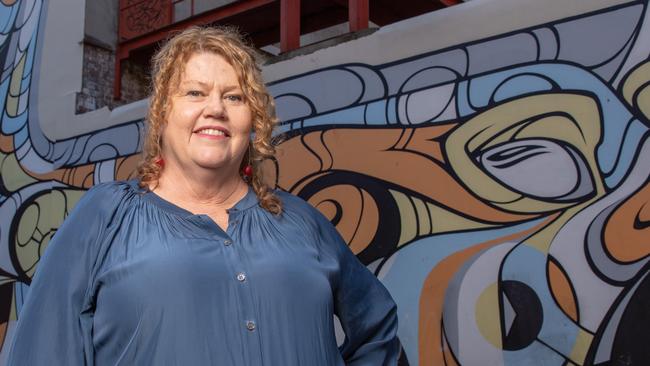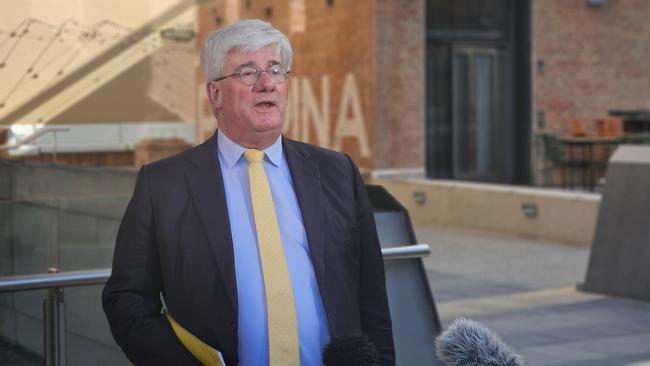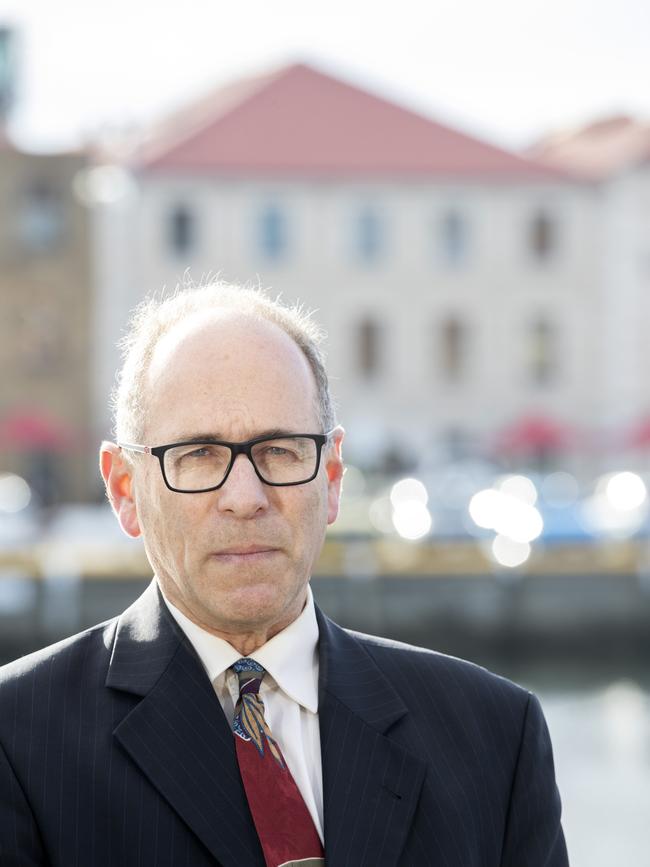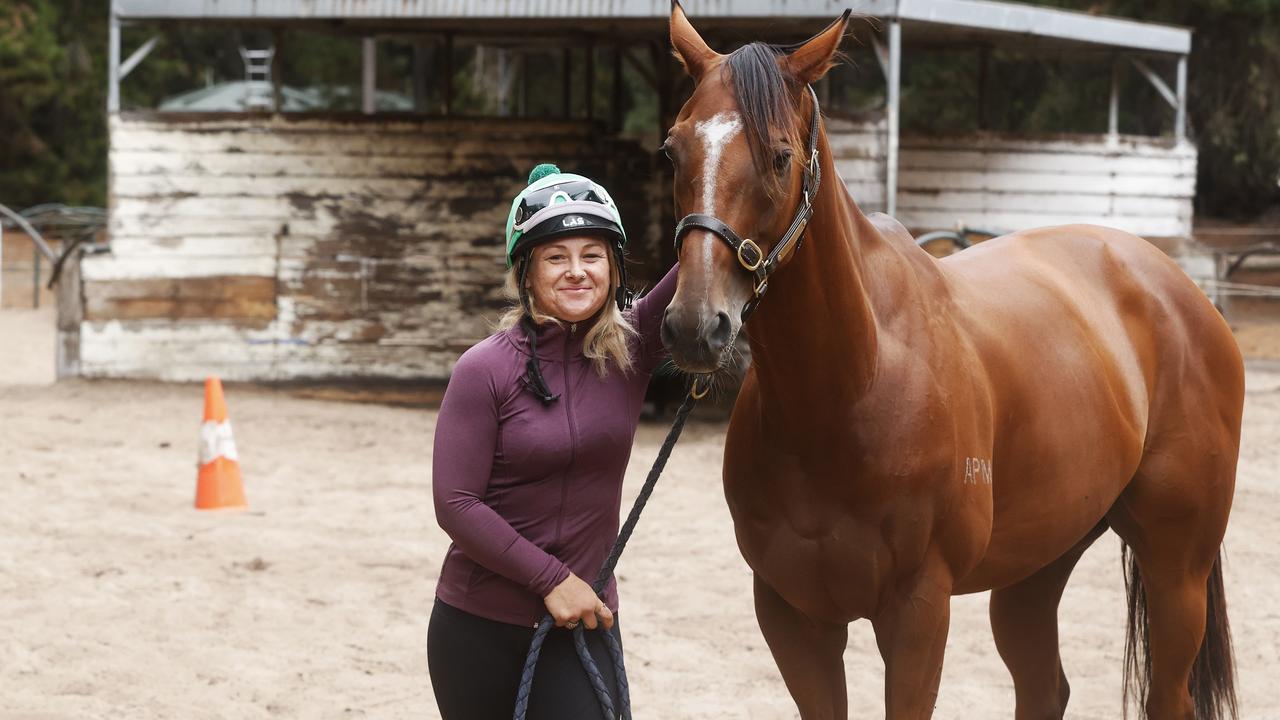Council briefing on cards to address stadium’s ‘low economic return’
The Hobart City Council is hoping for a briefing from Dr Nicholas Gruen, the author of a scathing report into the proposed Macquarie Point stadium. Read the latest reaction to the report.
Tasmania
Don't miss out on the headlines from Tasmania. Followed categories will be added to My News.
Hobart’s Lord Mayor Anna Reynolds will seek a full briefing for council from the economist whose scathing report found Macquarie Point was the wrong site for a stadium and would cost $1.1bn.
Dr Nicholas Gruen recommended the government and AFL go back to the drawing board and renegotiate to extend the “unrealistic” timeline for the delivery of the stadium.
Ms Reynolds said she was on leave and hadn’t read the report but she would seek a briefing for the full council.
“I am requesting a briefing for the whole Council from Dr Gruen so that we can fully understand his findings and recommendations,” she said.

“It’s concerning that he has found that this type of development will have a low economic return for such an important site for the city, because it won’t be regularly utilised.
“For Hobart’s sake we can’t afford to get this high profile site wrong.”
In his 170-page report, Dr Gruen found the benefit-cost ratio had been “significantly overstated” and would return 44 cents for every dollar invested by Tasmanian taxpayers.
He also predicted a credit downgrading by 10 per cent and “our pessimistic scenario assumes a 20 basis points increase in borrowing costs”.
“As one prominent Tasmanian I consulted — Saul Eslake — observed, a Tasmanian AFL team offered something that might have been even more inspirational and unifying for Tasmanians than the establishment and success of the JackJumpers has been,” Dr Gruen wrote.
“Instead it risks becoming another futile battle within the community of the kind that have often characterised major policy debates in Tasmania.”
Mr Eslake, a leading economist, said Dr Gruen’s report “gives those who have previously expressed support for the stadium (such as me, albeit only lukewarm) cause for thought”.

“I completely agree with his observations about the AFL’s “bullying” of Tasmania,” he said.
“I would have thought the finding that the benefit-cost ratio was somewhere between 34.4 and 60.3 cents for every dollar ‘invested’, with a ‘central case’ of 44.4 cents, was pretty damning, and warrants a considered response from the government.”
Mr Eslake, who has advocated since the early 1990s for a Tasmanian AFL team, said he felt “very sad” that something that could have united Tasmanians “has instead become yet another source of bitter division”.
Our Place Hobart spokesman Roland Browne said the stadium was an “incredibly divisive part of the deal” for the team and if it went ahead the cost would be borne “for generations to come”.

He said the JackJumpers had been successful and “most importantly, they’re not going to damage the state’s finances”.
“When you’re stuck in a hole, stop digging, and that’s what this government needs to do.
“We need a stadium to be constructed in Launceston with considerable time and thought put into it with a credible planning process.
“That’s the other take out from the Gruen report is that the absolute indictment of how the planning process has been shaped to fit the location of the stadium rather than the other way around.
“It can be a win, win outcome for the community, for the government and for AFL and Mac Point can be used for creative purposes.”
More Coverage
Originally published as Council briefing on cards to address stadium’s ‘low economic return’





